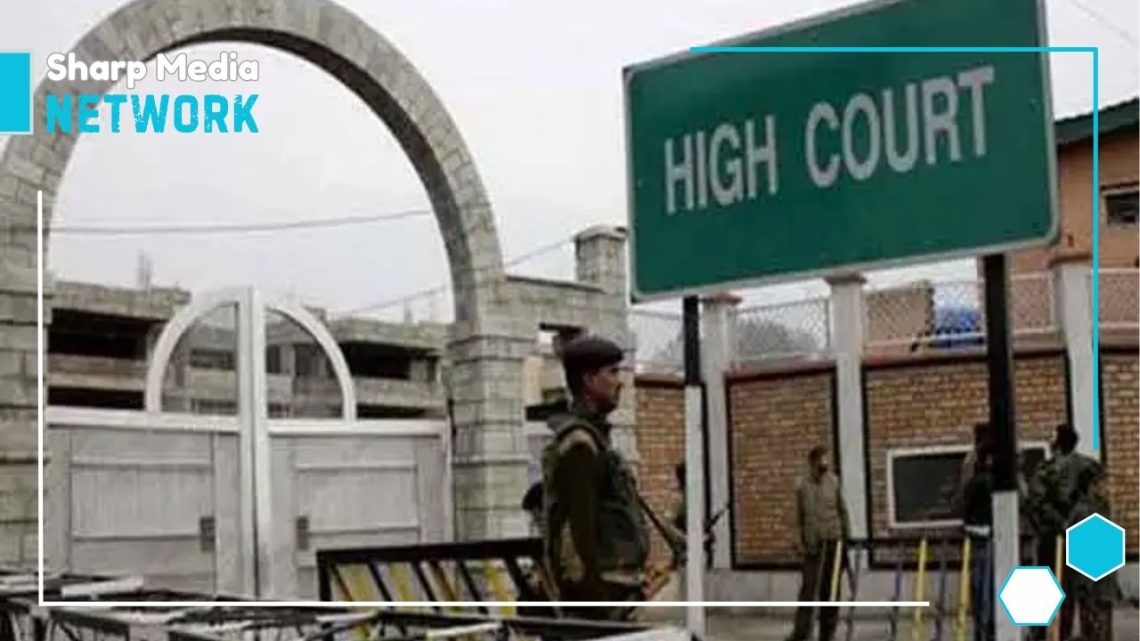
Indian High Court Quashes Detention Orders Under PSA in IIOJK
February 18, 2025In a landmark ruling, the High Court in IIOJK has invalidated several detentions, challenging the use of the controversial Public Safety Act (PSA) that has long been criticized for its arbitrary nature.
In Indian Illegally Occupied Jammu and Kashmir (IIOJK), the High Court has recently overturned four detention orders issued under the stringent Public Safety Act (PSA), citing the absence of sufficient evidence to justify the detentions. This decision calls attention to the ongoing concerns regarding the application of the PSA, a law often criticized for its abuse.
The court’s ruling specifically concerned four individuals: Tawseef Ahmad Parray, Jahangir Ahmad Malik, Tawseef Ahmad Sheikh, and Mohammad Ishaq Tantray. These individuals had been detained by district magistrates in Baramulla, Shopian, Kulgam, and Islamabad. The detentions were based on accusations that the individuals were involved in pro-freedom activities, which the Modi government claims pose a threat to national security.
Justice Sanjay Dhar, who presided over the case, found that the detention orders against Parray, Malik, and Sheikh were legally unsound. The petitioners had argued that they had not been given full access to the evidence used against them, a critical violation of their legal rights. Justice Dhar emphasized that this lack of transparency infringed upon essential safeguards meant to prevent arbitrary detentions under preventive laws, such as the PSA. As a result, the court declared these detention orders invalid, pointing out that the failure to comply with legal procedures was a significant reason for their quashing. This ruling highlights the growing calls for reforming preventive detention laws, especially in areas like IIOJK, where these laws have been used extensively.
In Tantray’s case, the court noted an additional violation. Despite submitting a formal representation against his detention, Tantray was not informed of the response to his appeal. The court highlighted that this failure to communicate the outcome of his petition further weakened the legitimacy of his detention under the PSA. According to Justice Dhar, this omission was enough to quash the detention order, stressing the importance of timely and transparent procedures.
In its final decision, the court ordered that all four detainees be released immediately unless they were required for any other pending legal matters. The court’s intervention has brought to light concerns about the arbitrary use of preventive detention laws and their negative impact on fundamental rights. This ruling has significant implications for the use of the PSA in IIOJK, as it underscores the need for greater accountability in the detention process. The High Court’s decision serves as a reminder of the importance of legal safeguards and transparency, which are essential to protect individuals from wrongful detentions under laws like the PSA.

